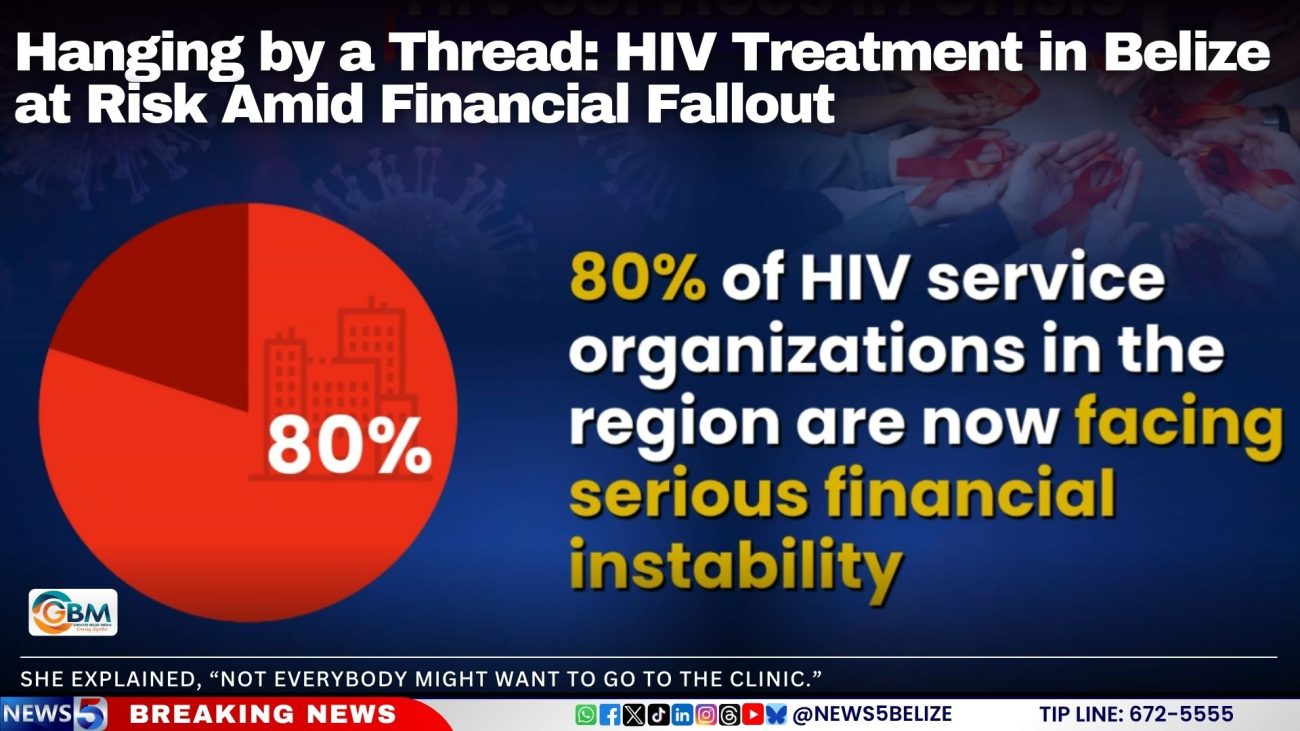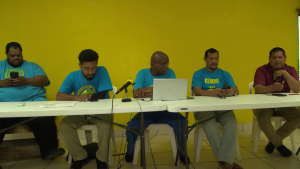Hanging by a Thread: HIV Treatment in Belize at Risk Amid Financial Fallout
A regional health emergency is quietly unfolding across the Caribbean, with serious implications for thousands of people living with HIV. In Belize, the situation is becoming increasingly urgent following recent cuts to U.S. government funding that once supported vital HIV prevention and treatment services.
A new survey conducted by the Joint United Nations Programme on HIV/AIDS (UNAIDS) and the Pan Caribbean Partnership against HIV and AIDS (PANCAP) reveals that 80% of HIV service organizations across the region are now facing financial instability. With over 3,700 Belizeans living with HIV, the impact is both personal and profound.
Dolores Balderamos-García, Chair of the National AIDS Commission, has sounded the alarm. In an interview with News 5, she described the extent of Belize’s reliance on U.S. assistance and outlined the steps being taken to stabilize services.
“The National AIDS Commission along with the Ministry of Health, we have put up a cabinet paper,” Balderamos-García explained. “And, basically what we’re saying in that paper is we are asking for all hands to come back on deck.”
She said there is the need for cross-sector collaboration. “We have still a serious situation on our hands and we need everybody to cooperate—asking of course for the cooperation of key ministries: Education, Human Development, and especially the Ministry of Health. And then of course our community service organizations and NGOs.”
One promising development has come in the form of a policy shift by the Ministry of Health, which had initially resisted the use of self-testing HIV kits. According to Balderamos-García, “There was initially a reluctance on their part… but we have had a complete change in policy there so that the Ministry of Health now is fully on board with the National AIDS Commission in utilizing what we call differentiated service models.”
She explained, “Not everybody might want to go to the clinic.”






Facebook Comments